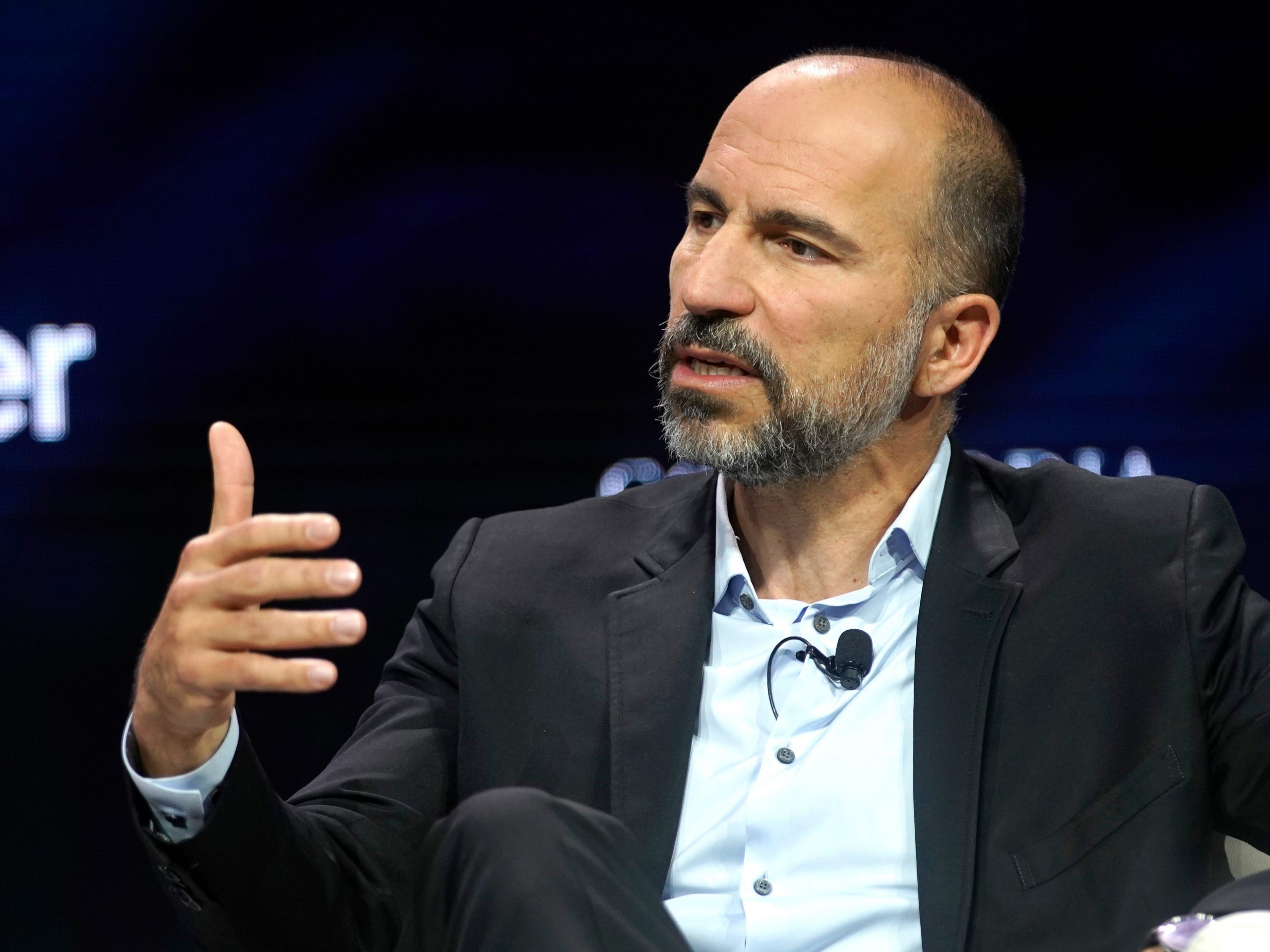
Riccardo Savi/Getty Images
- Uber and Lyft on Thursday said they would share data with each other about deactivated drivers.
- The program will show which drivers have been banned for sexual or physical assault.
- In 2018, Uber said it had recorded 3,045 sexual assault reports in the US in the year.
- See more stories on Insider's business page.
Two of the biggest ride-hailing companies, Uber and Lyft, announced Thursday they would share information with each other about drivers who have been deactivated from their platforms.
The companies will use the new Industry Sharing Safety Program to pool information about drivers who have been banned for sexual assault, physical assault that resulted in a death, and other serious safety incidents, Uber and Lyft said in a joint statement.
The program would refer to the National Sexual Violence Resource Center's taxonomy when classifying incident reports, and it would be administered by a third party, HireRight, a California-based background screening company, the companies said.
Uber and Lyft said the goal of the initiative was to "enhance the safety of the entire ridesharing industry and equip companies with important safety information to protect their customers."
In the future, other transportation and delivery companies in the US would have access, they added.
Read more: LINK
"I've often said that safety should not be proprietary," Uber's chief legal officer, Tony West, told CNN Business Thursday.
"While Uber and Lyft are fierce competitors on many fronts, I think on this safety issue we agree that folks should be safe no matter what ridesharing platform they choose."
Jennifer Brandenburger, head of policy development at Lyft, said in Thursday's statement: "Sexual assault is drastically underreported, making these crimes less likely to show up in our rigorous background check and screening processes."
Ridesharing app firms have consistently come under fire over safety standards of passengers.
In 2018, Uber released its first safety report, revealing 3,045 sexual assault reports on its platform in the US.
Uber had its license revoked twice in London, in 2017 and 2019, for putting passengers at risk, but won it back in September when the UK court said it had "plugged the gaps" in its IT systems that led to risks.
Uber introduced a new selfie verification system in April, which checks a driver's identity before the driver collects a passenger.
Lyft was sued by 19 women in December 2019 who said the platform had not enough to prevent sexual assault by drivers on the platform, and had not investigated complaints properly, The New York Times reported.
A CNN investigation in 2018 also found that Uber drivers and 18 Lyft drivers had been accused of sexual assault or abuse.
